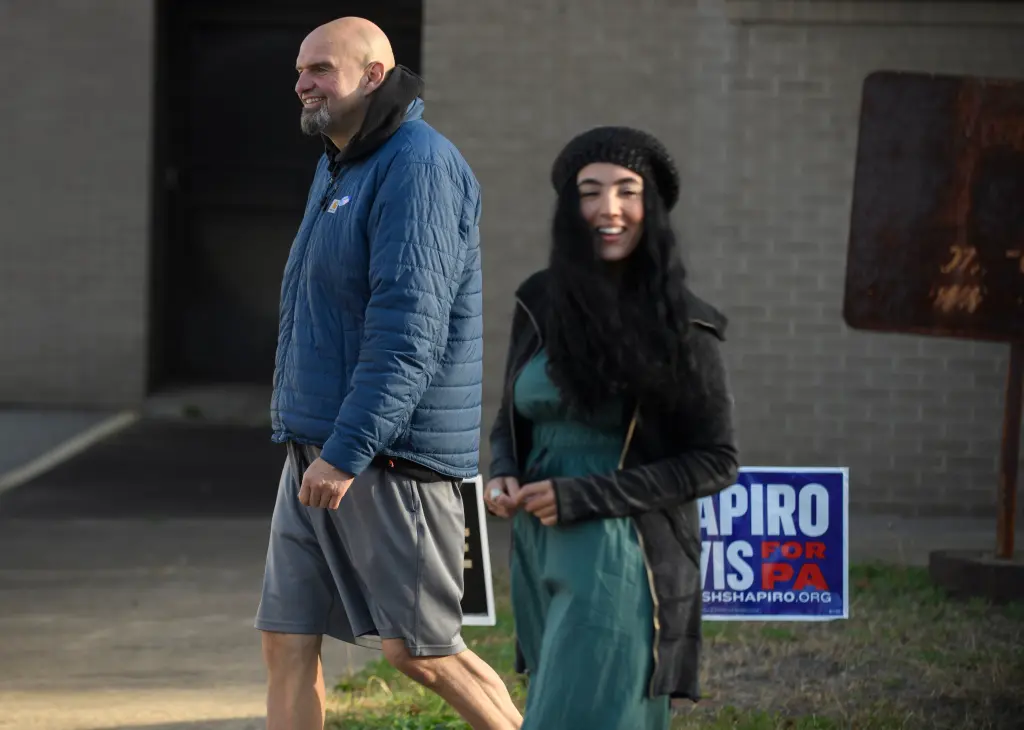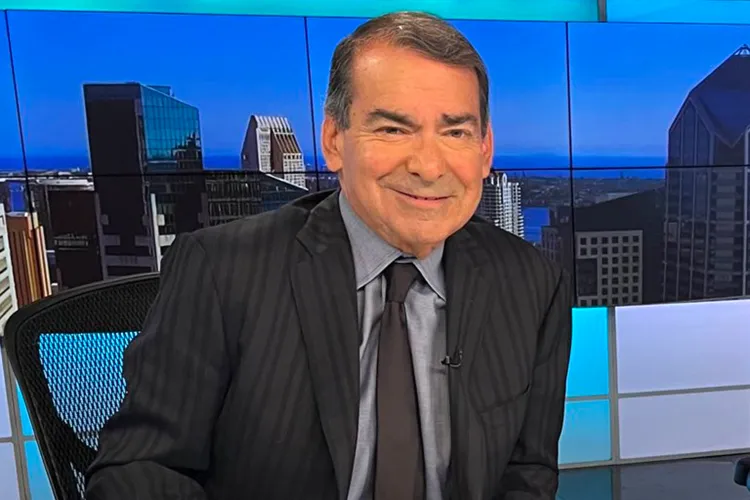Newly-Revealed Emails Show Author Michael Wolff Encouraged Jeffrey Epstein to Use Donald Trump Ties as Blackmail
A trove of emails released this week by the House Oversight Committee has rocked Washington, shedding new light on the tangled web between author Michael Wolff, convicted sex-offender Jeffrey Epstein, and then-presidential candidate Donald Trump. According to the documents, Wolff, a journalist turned author known for his books on Trump, appears to have encouraged Epstein to leverage his past connections with Trump as political currency — raising major ethical questions about a writer who once cast himself as an investigative watchdog. The implications extend far beyond mere scandal to the heart of media ethics, power, influence, and the shadowy contours of pre-election strategy.

The documents center on email exchanges from December 2015 through January 2019 that were obtained from Epstein’s estate and provided to the committee. In one message dated December 15, 2015, Wolff wrote to Epstein: “I hear CNN planning to ask Trump tonight about his relationship with you — either on air or in scrum afterwards.” Epstein replied with a question about crafting a response: “If we were able to craft an answer for him, what do you think it should be?” Wolff then responded: “I think you should let him hang himself. If he says he hasn’t been on the plane or to the house, then that gives you a valuable PR and political currency. You can hang him in a way that potentially generates a positive benefit for you, or, if it really looks like he could win, you could save him, generating a debt.”
Months later, in a January 31, 2019 email from Epstein to Wolff — sent while Trump was president — Epstein wrote: “Trump said he asked me to resign, never a member ever. … Of course he knew about the girls as he asked Ghislaine to stop.” The correspondence rekindled scrutiny of Epstein’s long-standing relationships with the powerful and the ongoing allegations surrounding Trump.
Wolff’s direct involvement, as revealed by these exchanges, marks a shift from observer to potential participant. The man behind the bestseller Fire and Fury: Inside the Trump White House reportedly ascended to investigative celebrity, chronicling Trump’s first term in harsh terms. Yet these new emails suggest Wolff may have done more than report; they indicate he assisted in strategy. Media ethicists have been quick to raise alarms. As one commentary put it: “A journalist… now seemingly advising one of the most notorious sexual predators of the era on how to exploit information about a future president.”

That poses a fundamental question about the line between journalism and manipulation. Investigative reporting has long held that the role of a journalist is to uncover power, to shine light, to hold institutions and actors accountable. Here, though, the correspondence implies a scenario where an author uses knowledge, relationships, and timing to assist in crafting damage collateral for maximum effect — a departure that critics say borders on collusion. Wolff responded through a statement that he “did not quite remember the context” of those emails, but confirmed he was engaged in in-depth conversations with Epstein about his relationship with Trump at the time.
From the perspective of Trump’s team, the release of these emails has triggered firm pushback. The White House has described the dissemination of the documents as a politically motivated smear by Democrats. Press Secretary Karoline Leavitt stated that the release was orchestrated to damage Trump’s reputation.
The broader context is essential. Epstein, who died by suicide in 2019 while awaiting trial on federal sex-trafficking charges, has for years been linked to high-profile figures, elite institutions, and opaque agreements. While no definitive “client list” proving Epstein built a blackmail empire has been confirmed, a July 2025 memo by the U.S. Department of Justice stated that it found “no credible evidence” that Epstein systematically blackmailed prominent individuals.
These newly released emails do not change that conclusion — as the DOJ memo still stands — but they do provide a granular glimpse into the mindset and strategy of Epstein and his associates in real time, especially in the midst of a heated political campaign. They underscore just how intertwined power, secrecy, and influence have become.
For Wolff, the fallout is immediate. His body of work — once hailed as contested but influential — may now be viewed through a different lens: not simply as exposé, but as exposé with orchestration. How will this affect his credibility? Already, the narrative surrounding him has shifted from “author of Trump tell-all” to “actor in the Trump-Epstein drama.” The question for many observers becomes: can a journalist who appears to assist a subject then legitimately claim to dissociate himself from it?
For Trump, the resurgence of Epstein-related documents remains both obstacle and opportunity. On one hand, the emails reinforce public perceptions — long branded “hoax” by Trump himself — of his connections to Epstein and the accommodations he allegedly made. On the other hand, the documents are partial, redacted, and not definitive proof of wrongdoing. For his supporters, that offers room to argue for a narrative of selective disclosure or political weaponization. For his critics, however, this is fresh material in a file that has lingered unresolved for years.
From a historical point of view, this moment may mark a new chapter in how we understand the intersections of media, politics, and scandal. The leveraging of information — real, alleged, strategic — is no longer just the domain of governments or spies. It happens in boardrooms, studios, media houses, and email threads. And it happens with individuals like Wolff who occupy ambiguous spaces: part journalist, part author, part potential influencer.
The emotional weight of the story cannot be ignored. For many of Epstein’s victims, these revelations reopen wounds. Here are people who suffered abuse, exploitation, power imbalances — and they now see the very author who chronicled the powerful seemingly helping orchestrate the narrative. That matters. Credibility isn’t abstract; for victims, it means recognition, justice, voice. If the media enters that space with blurred lines, the consequences are not only reputational but deeply personal.
The next steps are likely to be procedural and political. The Oversight Committee will continue its hearings, lawmakers will press for more of the “Epstein files” to be released in full, and Wolff will face scrutiny from both journalistic peers and the public. Some may argue calls for his accountability will lack teeth; others, though, see this as a necessary moment of reckoning for the mediated power of the media itself.
In the end, the story forces us to ask: what is the responsibility of an author when the subject is power, the context is scandal, and the stakes are presidential elections? When the conduit between subject and writer becomes a collaborator, what happens to the Fourth Estate’s role as watchdog? And when the lines between influence and investigation blur, who stands to lose?



